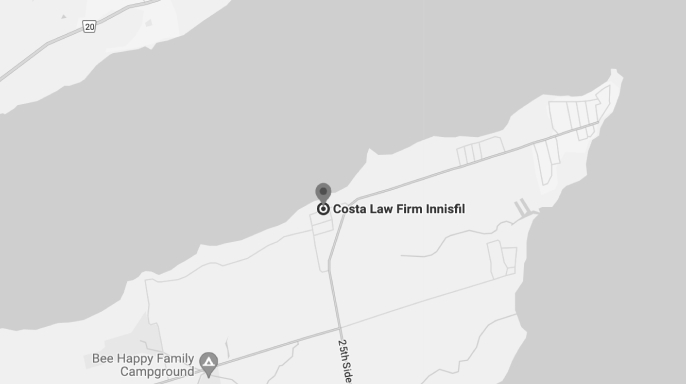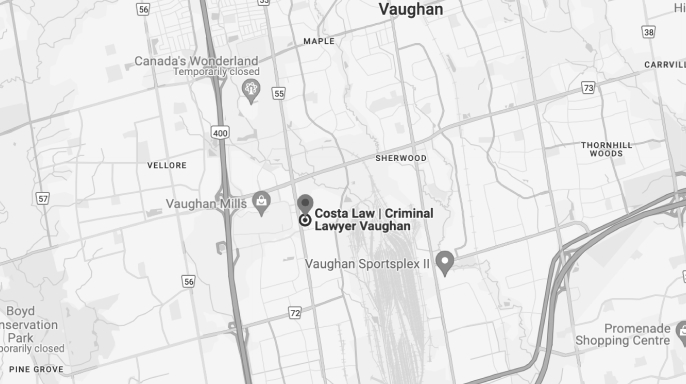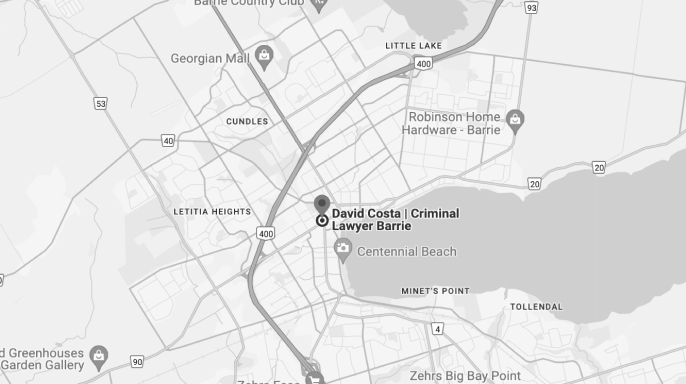Real Estate Ownership: the Difference Between Joint Tenancy and Tenancy in Common *
If you are buying a home with another person, you will both have to decide how to take title (ownership) of that property. There are two main options that are available: (i) Tenancy In Common or (ii) Joint Tenancy. The choice you make will have an impact on your subsequent legal rights.
Joint tenancy is a concurrent interest in which all joint tenants have a unified right of possession to the whole of the property, and each with a right of survivorship. A right of survivorship ends the interests of deceased tenants and also enlarges the interests of the remaining joint tenants. A joint tenancy must have what is known as the four unities: possession, interest, title and time. Unity of possession refers to the undivided nature of the property which is enjoyed by all the tenants. Unity of interest means that the interest must be of the exact same size and duration. Unity of title requires that tenants acquire their titles from the same document. Unity of time refers to the requirement that the tenants acquire their titles at the same time.
Unless a very specific contrary intention appears, where all joint tenants die at the same time in circumstances rendering it uncertain as to the order of death, each person is deemed to have held property as tenants in common.
Tenancy in common is a concurrent interest in which all tenants in common have an undivided fractional share of the whole. The tenants do not have a right of survivorship, and can grant or devise the interest in any manner they choose. Tenancy in common only requires a unity of possession.
Any act that destroys any of the four unities required for a joint tenancy would result in a severance and create a tenancy in common. As a result, the right of survivorship is eliminated and each would hold undivided shares that are devisable. Severance may be achieved by all joint tenants signing a deed to sever; this must be registered. Severance may be achieved unilaterally and without notice, if one tenant grants away his title, for example. In cases with many joint tenants, only those relations affected by the severance would become tenants in common to each other, those not affected would remain joint tenants.
Co-owners may be compelled to make or suffer partition. Pursuant to s.3(1) of the Partition Act, any party with an interest in land in Ontario may take proceedings to partition such land or for the sale thereof if that sale is considered to be more advantageous to the parties interested. The courts will make a determination that is least prejudicial to all parties involved.
*Disclaimer: The information provided in this article is NOT legal advice but fundamental information to be further inquired upon professionally. You should always consult with a qualified lawyer to obtain proper advice.




